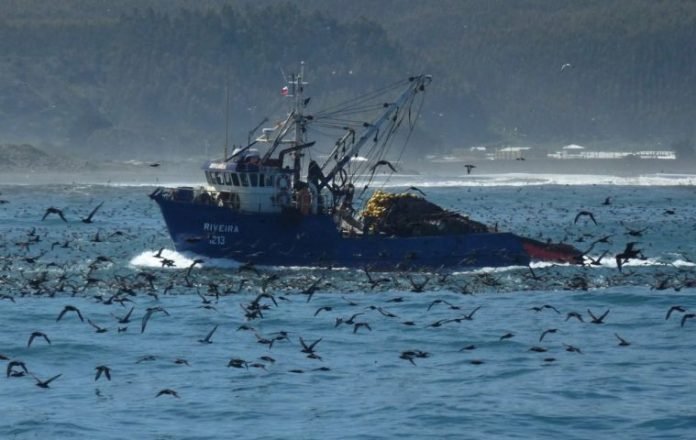By Amin Kef Sesay
The fisheries sector is bedevilled by Illegal, Unreported and Unregulated (IUU) issues. It has been determined that the three ultimately jeopardize the whole of the fisheries sector as they can destroy the livelihoods of fishing communities, harm food security and nutrition, damage fair local and international trade, and often give way to unsafe and indecent working conditions, sometimes even crime.
It is stated that IUU fishing includes everything from fishing without a license and not accurately reporting catches to fishing in prohibited areas or periods and catching or selling protected species. IUU fishing undermines regional, national and even international efforts to make fisheries sustainable, important for ensuring that marine resources are available in the future, that livelihoods are protected and that species survive. Several countries around the world are combating IUU fishing with FAO’s support and making noteworthy progress.
In marking the International Day for the Fight against IUU fishing on the 5th June 2020 highlights of progress were made:
In Sierra Leone which has one of the richest fisheries in West Africa a large number of artisanal fishers rely on fish for their livelihood and a significant percentage of the population depends on fish as a source of animal protein. Yet, since the 1980s, Sierra Leone has allowed increasing numbers of foreign vessels to target fish stocks in their national waters, substantially increasing the pressure on these fish stocks.
In order to ensure the sustainability of its fisheries, Sierra Leone has been increasing regulation of the sector. In 2018, Sierra Leone became a party to the PSMA, an important step to ensuring that foreign vessels entering their ports are not conducting IUU fishing. With the support of FAO and other partners, Sierra Leone has also been working to implement this and other international agreements through legislative reviews, stepping up monitoring, control and surveillance capacities and increasing interagency cooperation.
As a supporter of States in this fight, FAO is continually developing tools to help countries eliminate IUU activities. One such tool in development is a global information exchange system, key to the functioning of the PSMA, allowing countries to exchange information on the compliance of foreign vessels seeking entry and using their ports. Together with the up-and-running Global record of fishing vessels, refrigerated transport vessels and Supply vessels, a one-stop shop for certified information on vessels, these tools will be indispensable in supporting States to combat IUU fishing.
Through efforts like this international day and the Sustainable Development Goals, there is a growing awareness about this serious issue and international momentum to combat these unsustainable practices.
As many of these efforts illustrate, a strong commitment at the national and regional levels is a critical first step, but effective implementation and enforcement of measures, capacity development and international cooperation are essential in turning the tide against IUU fishing.




